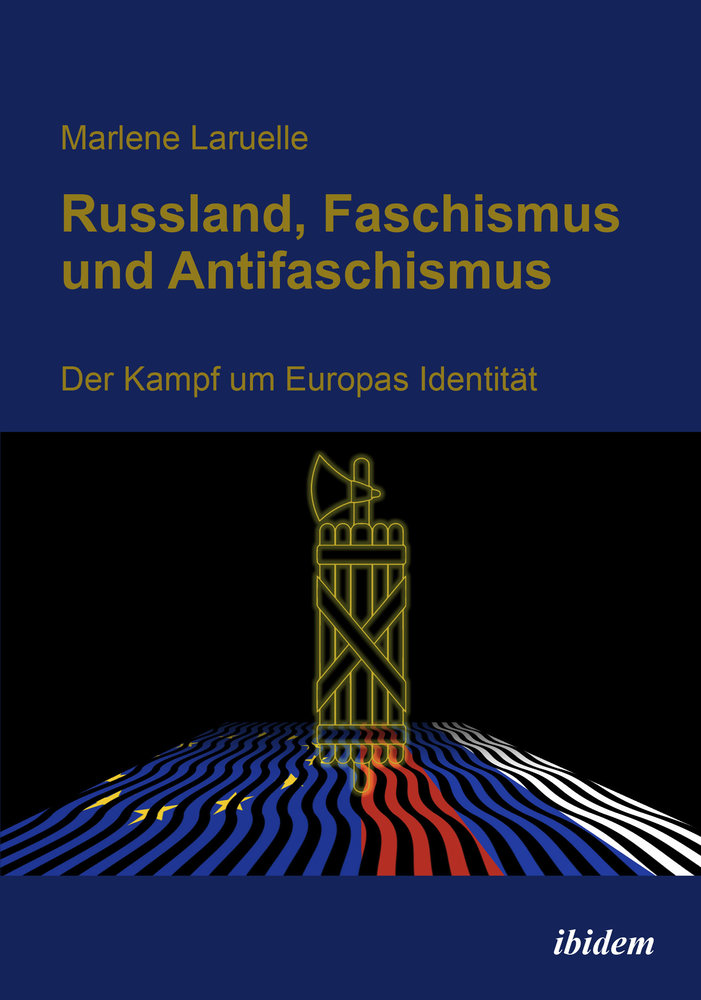Zwei Jahre nach Beginn der Gro�invasion Russlands in der Ukraine beschuldigen sich beide Lènder weiterhin gegenseitig des Faschismus. Einerseits hat Moskau eine kohèrente Ideologie um die Idee herum aufgebaut, eine antifaschistische Macht zu sein, die Europa und seine traditionellen Werte vor einer liberal-faschistischen Bedrohung rettet, und rechtfertigt die Invasion im Namen einer Neuauflage des "Gro�en Vaterlèndischen Krieges", also des Zweiten Weltkriegs. Die Ukraine hingegen - und mit ihr die Mehrheit der mitteleuropèischen Lènder - sieht in Russland ein faschistisches Regime und eine faschistische Gesellschaft, die Nationalismus, Imperialismus und Revanchismus in sich vereint, die liberal-demokratische Ordnung bedroht und eine barbarische, nicht-europèische Identitèt verkörpert. In diesem 2021 verfassten Buch, das um ein Nachwort aus dem Jahr 2022 ergènzt wurde, stellt Marlene Laruelle den von beiden Seiten verwendeten Begriffsrahmen "Faschismus" in Frage, erörtert die Relevanz des auf Russland angewandten Faschismusetiketts sowie seine Implikationen und untersucht die Rolle von Faschismus sowie Antifaschismus in Russlands Nationsbildung. Sie argumentiert, dass der Kampf um die Frage, wer faschistisch ist, ein Kampf um die Definition europèischer Identitèt und die Einbeziehung oder den Ausschluss Russlands in diese Identitèt ist.



